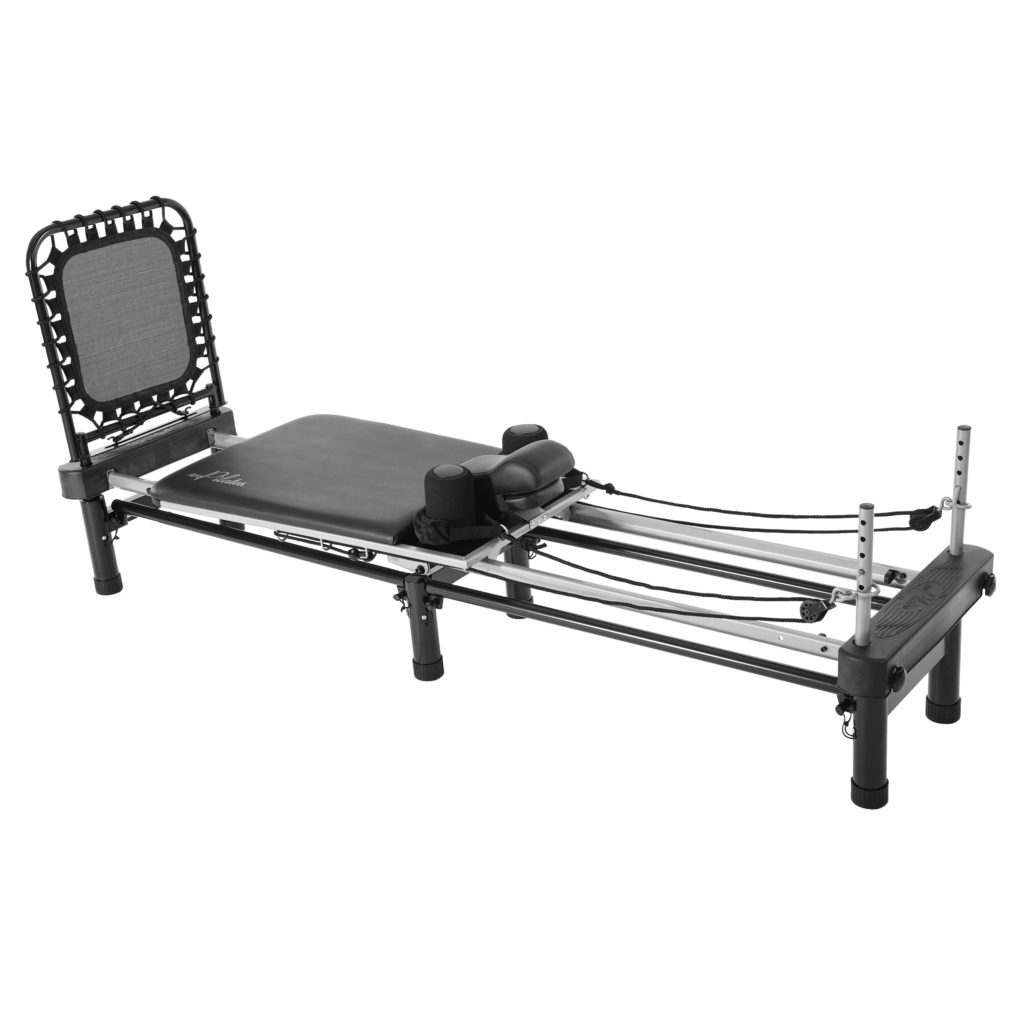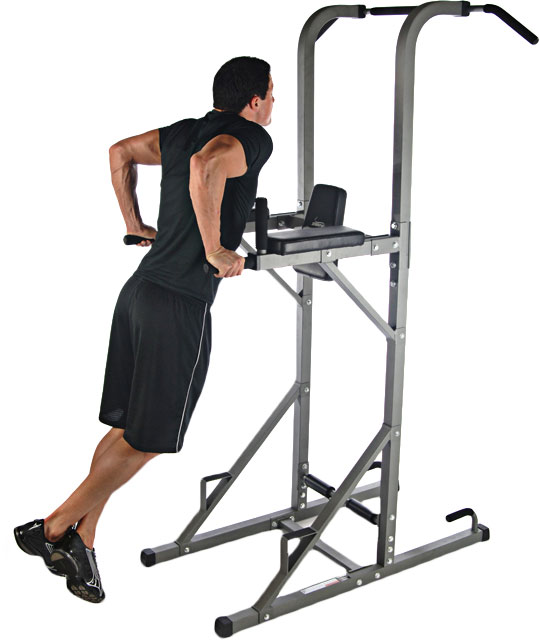Why Sitting is Making Us Sluggish
Modernity has afforded many a plethora of creature comforts, like air conditioning, readily accessible and nutritious food and indoor plumbing. One of the largest shifts, however, has come in the form of computing. Personal computers (including the smartphone you might hold in your pocket) have completely changed the landscape of day-to-day life. Combine this with ‘just one more episode’ services like Netflix, and it’s not hard to see why we’re sitting so much in our daily lives.
What Sitting Does

Here’s some statistics:
-Around 86% of Americans sit all day for their job.
–A study from the American Heart Association shows that on average, Americans are sedentary for six to eight hours a day.
That’s a lot of sitting.
You can begin to see the picture here. We spend a large amount of our working hours sitting still at a desk.
You might say, what’s the issue? Sitting is easy on the body. I get to relax for most of my working hours. How is that a bad thing?
Think again.
It’s understandable to assume that moving around and standing would be more physically taxing on the body, given that your body is having to do extra work.
But think again. Humans were built to remain upright. Our heart works more effectively this way. Sitting in one place without changing positions has been shown to be detrimental for several reasons.
Here’s a few:
Poor leg circulation

Because the blood runs slower, poor circulation in the legs can lead to ankle swelling, varicose veins and blood clots.
Organ damage
When sitting for longer sessions, the body’s metabolism begins to slow down. Muscles burn less fat and the blood flows slower. This has been linked to higher cholesterol levels and increased blood pressure. People with the highest sedentary time are more than double at risk of cardiovascular disease than those with the least.
Sitting can also push the pancreas too far, causing diabetes or other diseases to form. Lastly, it’s been linked to a higher chance of colon, breast and endometrial cancers.
Bad posture

Spending significant time sitting in one place puts extra pressure on the lower back, leading to a higher likelihood of your head extended forward in a regular posture.
Another outcome of this is constantly having the feeling of a stiff neck and shoulders.
Increased anxiety
A report from BMC Public Health found that total sitting time was associated with an increased risk of anxiety. One of the possible reasons they provide is poor metabolic health, which can affect brain functioning.
Now, here’s the solution.
The detrimental effects of sitting can be easily and quickly reversed by taking right steps. If you believe you’ve been sitting too long and want to make a change, sign up for the free Deskercise Office Exercise Guide below.
Quick and easy tips, exercise suggestions and equipment recommendations will help you on your quest.











